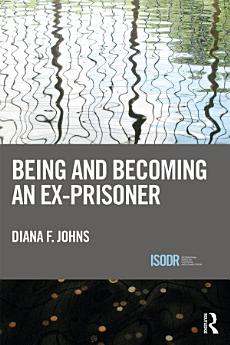Being and Becoming an Ex-Prisoner
เกี่ยวกับ eBook เล่มนี้
Drawing on research conducted in Australia, it speaks to the challenges facing people leaving prison and seeking acceptance amongst the non-imprisoned around the world. Johns reveals the complexity of the post-prison experience, which is frequently masked by constructions of risk that individualise responsibility for reoffending and reimprisonment. This book highlights the important role of community in ex-prisoner integration, in providing opportunities for participation and acceptance. Johns shows that the process of becoming an ‘ex’-prisoner is not simply one of individual choice or larger structural forces, but occurs in the spaces in between.
Being and Becoming an Ex-Prisoner reveals the complex interplay between internal and external meanings and practices that causes men to feel neither locked up, nor wholly free. It will appeal to scholars and students interested in desistance, criminology, criminological or penological theory, sociology and qualitative research methods.
เกี่ยวกับผู้แต่ง
Diana F. Johns is Lecturer in Criminology in the School of Social and Political Sciences at the University of Melbourne, Australia.





